The simple pleasures of shooting weddings on film.
So many downsides to this statement, I hardly know where to begin. When compared to shooting on modern digital cameras, film has well and truly been left in the dust. This is even more apparent when photographing weddings, especially in Cumbria with its random weather paterns and dark winter days. Shooting exclusively on film would put any photographer at a major disadvantage.
Its also a softer medium and often (compared to modern digital cameras) has more grain. In digital terms this is called noise, generated by more sensitivity and thus more heat passing through the sensor. There is nothing on a film camera up to using sheet film that digital cannot outstrip in terms of final image. Its just way more clinical. Cleaner – better – predictable – more control. Saving only two critical areas where film can still win: The organic look or natural feel that film gives and transition between light and dark. Film has a way of moving between light and shadow that is unsurpassed, it isn’t about dynamic range but more about how it is rendered.
Then there is the soul…
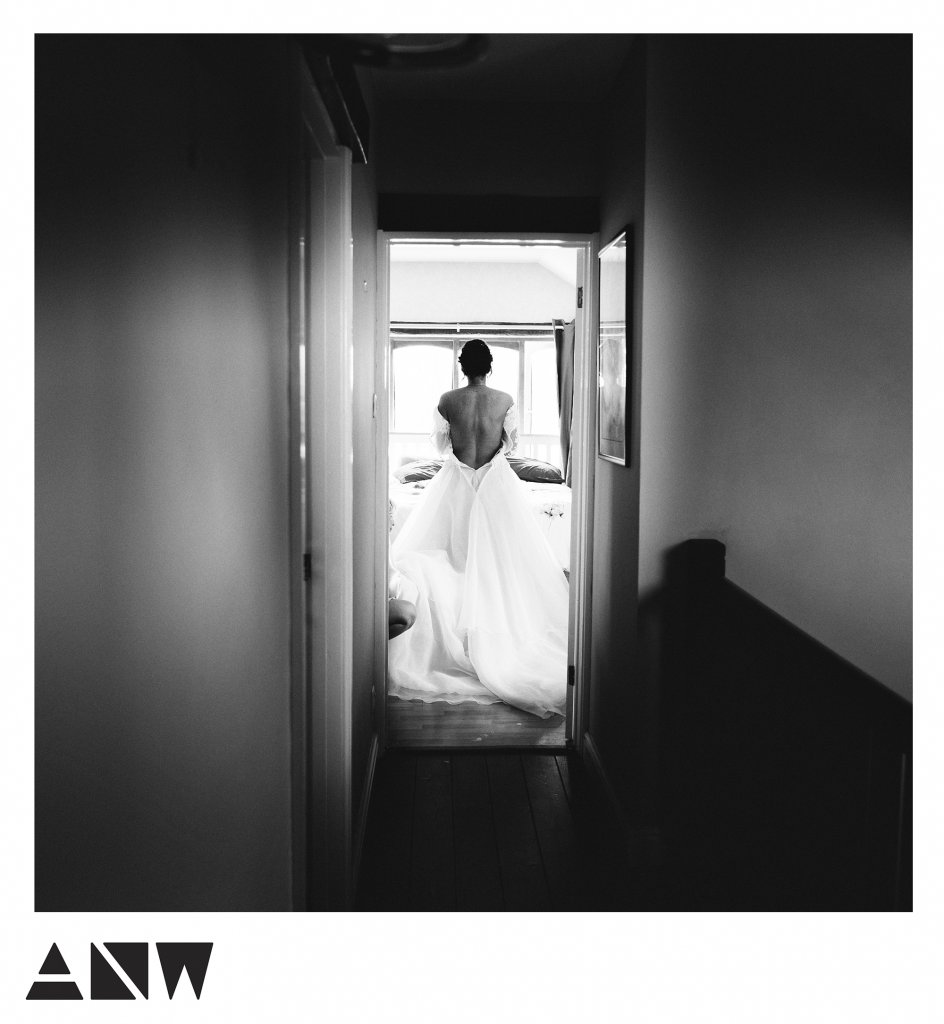
The decision to become a photographer, made in Portugal in 2001 saw me shooting on film, but using it now doesn’t make me nostalgic at all. Its more about how it captures images and embracing its organic qualities, how it can further enhance what I deliver as a final portfolio of photographs. Photographing weddings using film to compliment the digital images is a choice. The tonal range of film and its unique way of transitioning from light to dark means that it looks like nothing else. Digital can come close with the help of VSCO or Mastin but these are now matching tools for the digital files I produce more than anything. The organic look of images is important, Not to be mistaken with the faddy brown colour spaces that photographers are using on images currently. Like looking back at your parents wedding photographs, these will show their age in time.
Cost is an important factor as a roll of black and white Ilford film now would be around £5, colour film around £8 and professiona fujifilm emulsions costing up to £20. Its impossible now to cost effectively shoot an entire wedding on film and not charge clients upwards of two and a half thousand pounds for thirty or forty rolls and processing. So shooting three or four rolls at a wedding will give people a compliment to the digital images taken on the day, a hybrid of the two and something timeless, shot on a camera that often has manual focusing, produces square images instead of rectangular or even produces more than one image in a single shot.
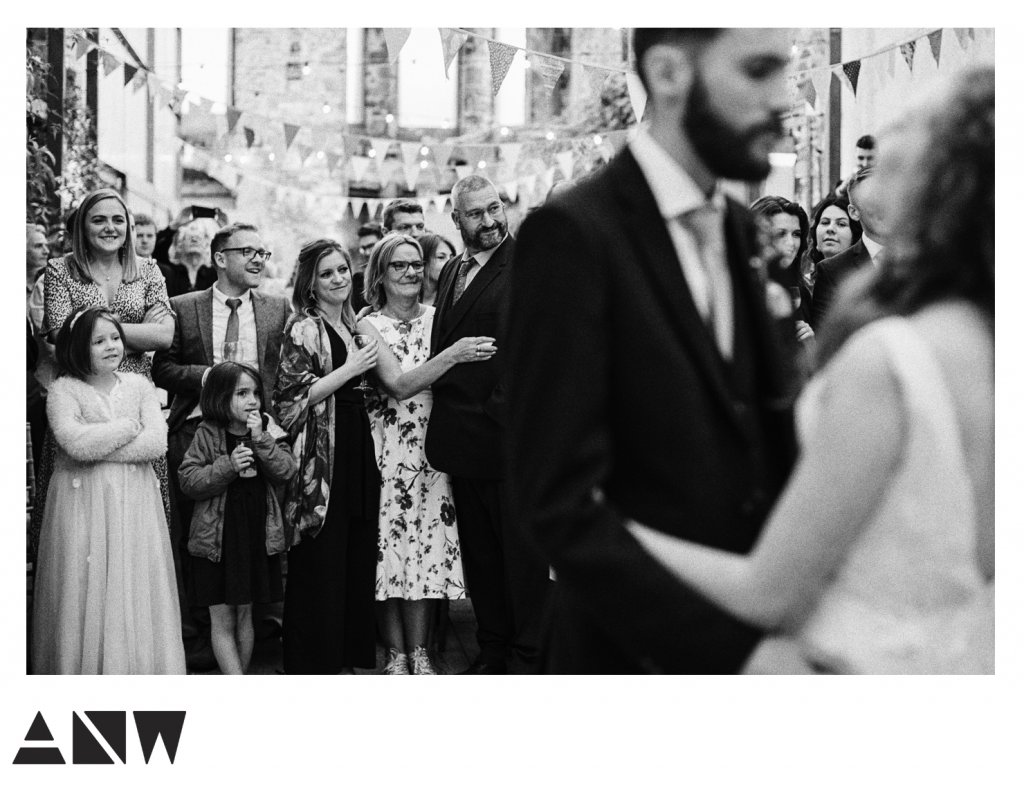
Its also fun. There is an enjoyment to be had from working on film, seeing your images for the first time on a scanner bed or printing in the dark room. Not many photographers work with film now but for those who do it is incredibly rewarding. This brings me back to the soul, not just that film has the ability to make soulful images (great photographers do that) but more that its alternative, unique and good for the soul to work with.
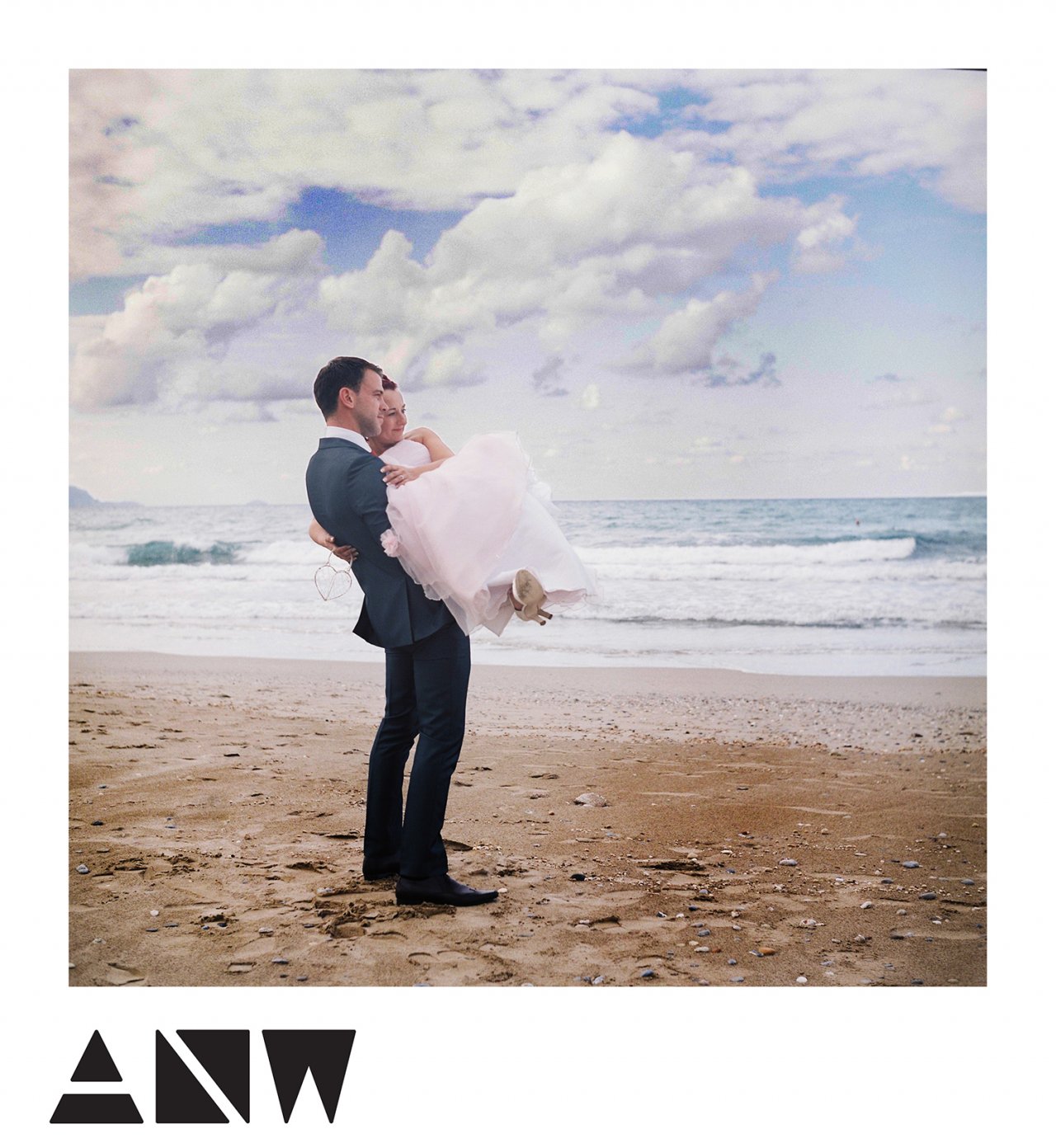
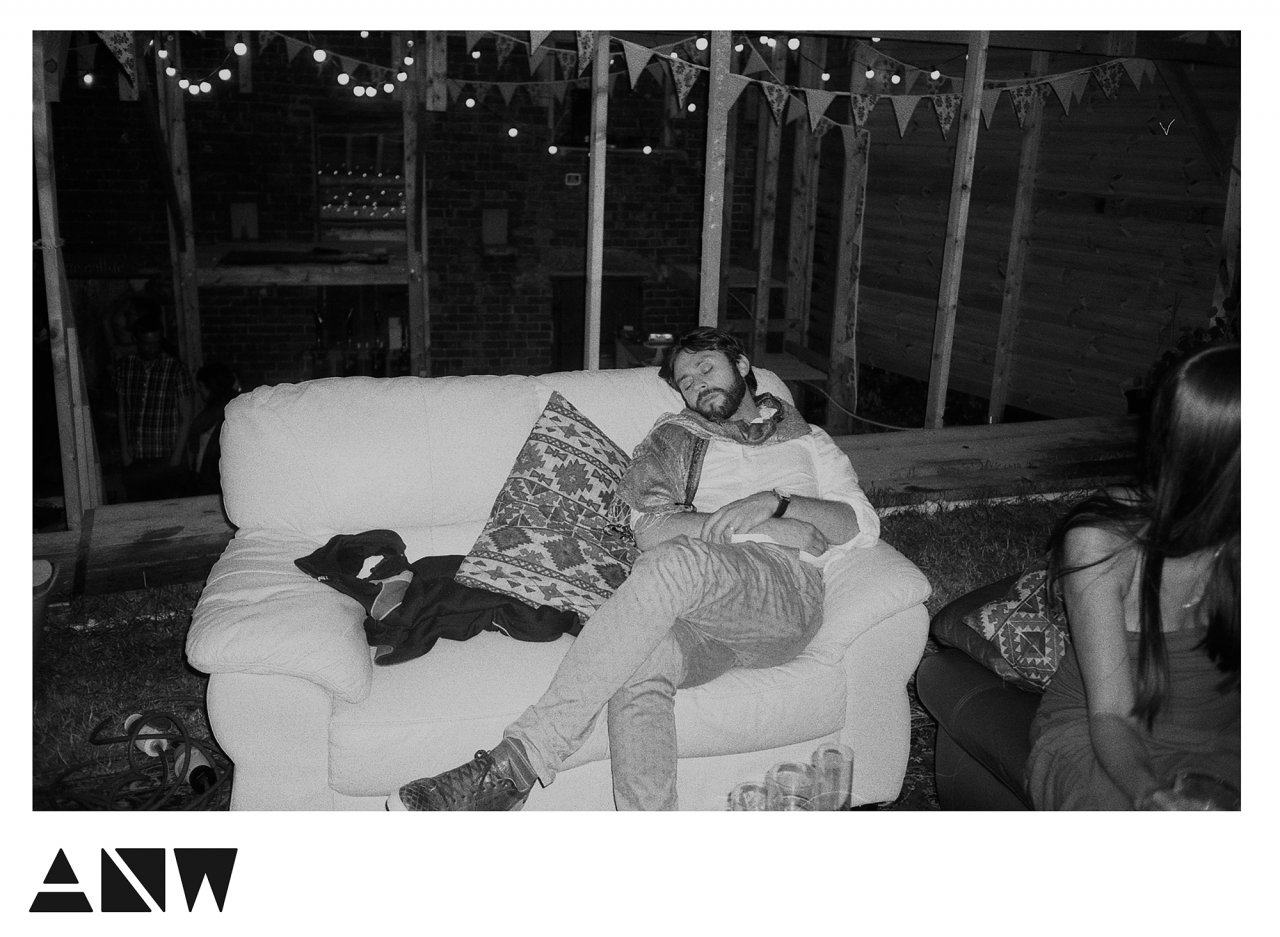
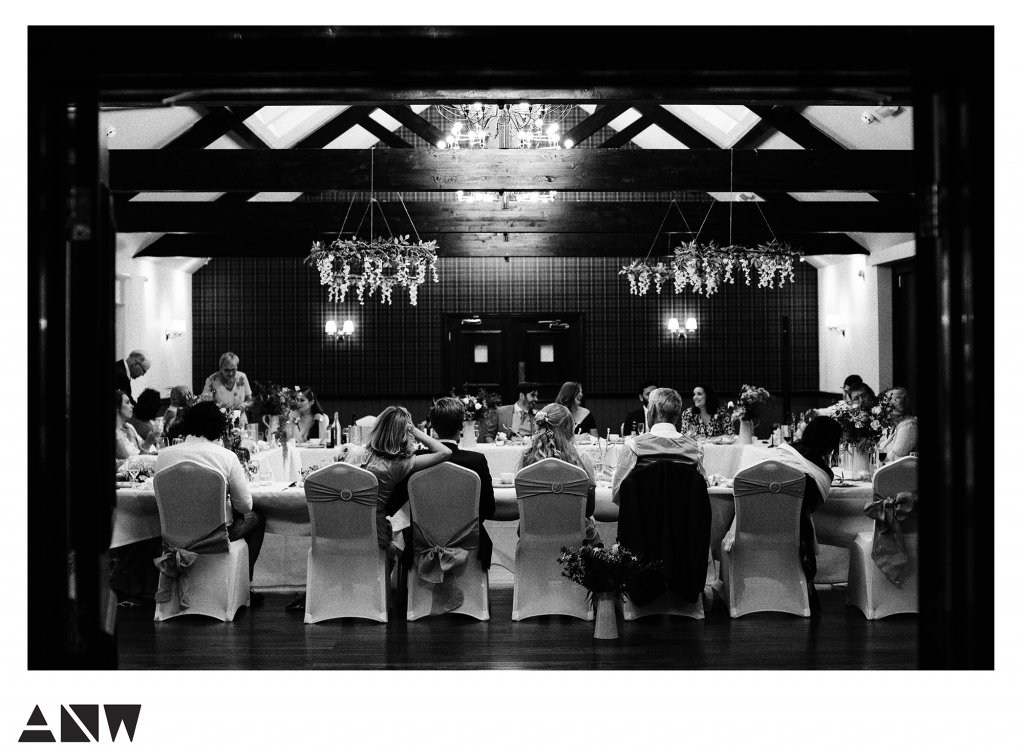
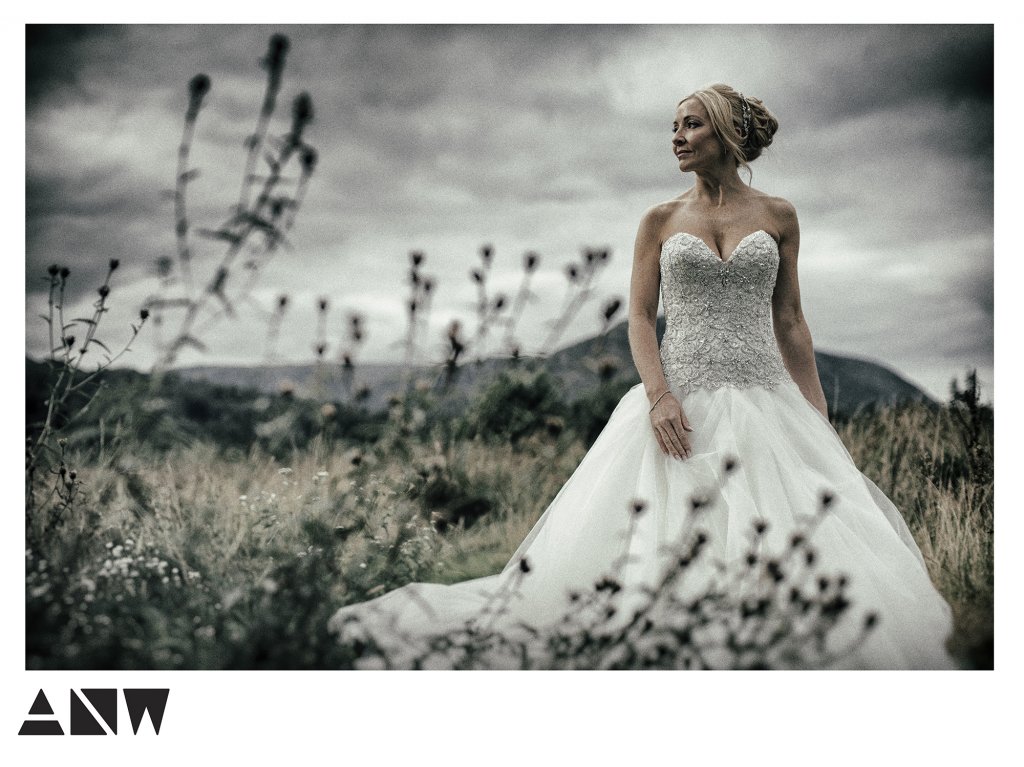
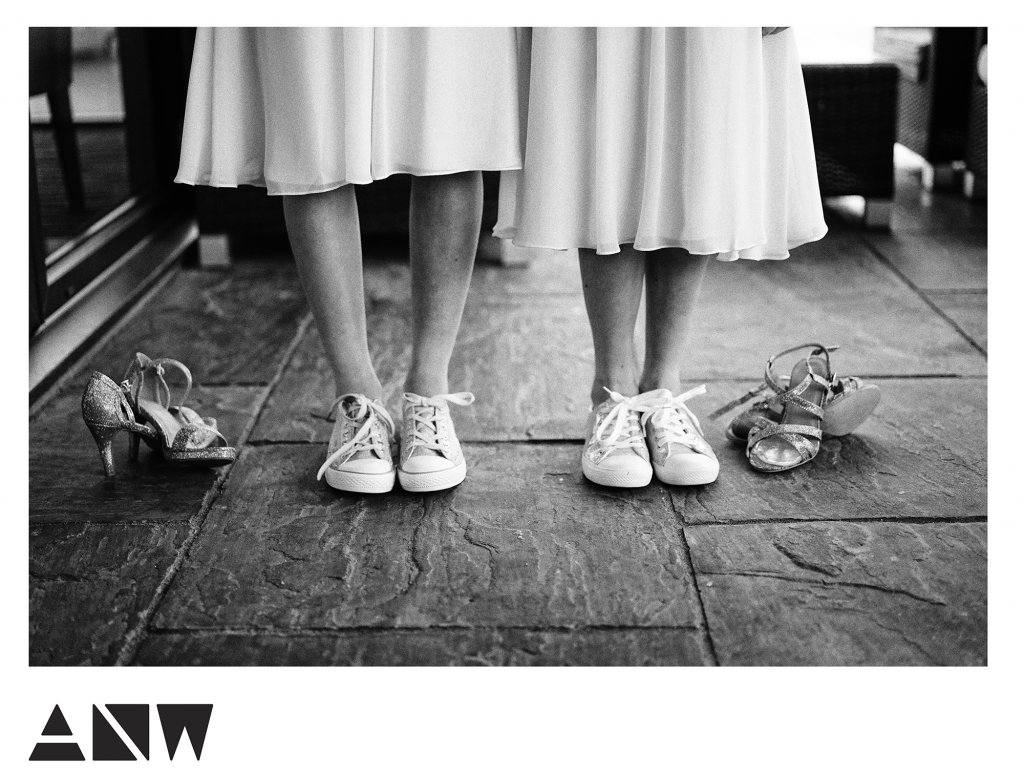
The links above are for some of my favourite emulsions and if you would like film shot at your wedding you need only ask.



0 Comments